Blog Layout
Australian Financial Regulator APRA Seeking To Oversee Global Stablecoins Like Facebook's Libra
PAR002_123 • Jan 24, 2020
APRA Proposes Regulatory Framework For Facebook's Calibra Wallet
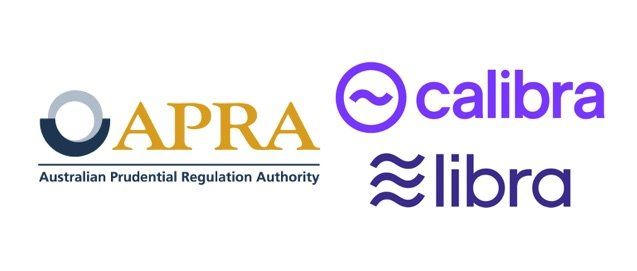
The Australian Prudential Regulation Authority (APRA) is seeking to oversee stablecoin projects and could soon regulate Facebook's controversial Global Stablecoin Libra.
If the proposed Global Stablecoin Libra gets off the ground and Facebook launches the Calibra digital wallet in Australia the US technology giant will need to meet minimum capital requirements and face other prudential regulation.
Published on the 20th January 2020 the APRA submitted an official statement to the Senate inquiry committee dedicated to fintech regulatory technology. The regulatory body says it has drafted a fresh regulatory framework which would make it possible for it to regulate wallets which are used majorly for payment services like the Libra project which will use the Calibra wallet.
The Australian Prudential Regulation Authority said proposals from the Council of Financial Regulators sent to the government relating to oversight of so-called “stored value facilities”, or digital wallets, will require services involving more than $50 million to be subject to "safeguarding and minimum capital" requirements, as well as "regular reporting requirements".
The APRA proposed Framework
“is intended not only to be fit for purpose for the current financial system but also be able to accommodate future developments and technological advances, such as proposals for Global Stablecoin eco-systems that have been the subject of significant attention in recent months.”
APRA says that virtual wallets play a crucially important part in the financial system thanks to the growing popularity of mobile applications and online purchases
“Some, but not all, digital wallets hold stored value on behalf of customers and are pre-paid facilities. Others (such as Apple Pay) hold customers’ credit/debit card details and only facilitate payments from that nominated account.”
However, the proposed regime is not likely to apply to another US tech giant, Apple, because its digital wallet, Apple Pay, merely stores a digital representation of bank-issued cards, and facilitates payments from nominated accounts where banks still hold funds as deposits.
The submission by APRA is a welcome move for Libra as it has faced lots of criticism and regulatory hurdles across the globe since the launch announcement last year. Australia’s central bank, the Reserve Bank of Australia (RBA) had once stated that Libra should never be allowed to roll on unless all the regulatory concerns are addressed and implemented.
Swiss regulators indicate that Libra could eventually gain approval
At the end of December 2019, Switzerland’s then-president Ueli Maurer described Facebook’s Libra coin as a “failure”, saying that the digital currency wouldn’t have a chance at success in its current form.
However, an internal memo shared with Bloomberg shows that the Swiss government has now indicated that it would be open to working with Facebook to approve the Global Stablecoin.
The Swiss Confederation, led by Simonetta Sommaruga since the start of 2020, has noted that it remains open to projects which seek to reduce the costs of cross-border payments and increase financial inclusion.
Maurer had previously painted a bleak outlook for Libra’s future in the Alpine nation, claiming that the project had “failed” in its current form and explaining that regulators and central banks would never accept the basket of currencies backing the Global Stablecoin.
It now seems that these sentiments may have been the personal thoughts of Maurer rather than the wider Swiss government as regulators look for new ways to work with the tech giant.
Facebook Global Holdings had chosen Switzerland as a base for its Libra Network operations, registering the project as a blockchain payments firm in Geneva last May.
The project, which could potentially become the largest borderless payments system in the world by virtue of Facebook’s colossal user base, may generate significant employment and commerce opportunities in Geneva.
Bloomberg reported that despite a fresh look at Libra’s regulatory status, Facebook officials could not say for certain that the digital currency would be launching in 2020, with regulators still largely undecided on the digital currency’s fate.
Libra.org
The Regulatory Regime for Stablecoins
The Libra Association is pleased that the G7 Working Group report, ‘Investigating the Impact of Global Stablecoins (GSCs),’ recognises the potential to improve access to fast, secure and inexpensive payment technology.
The Libra Association is committed to building a system that replicates or exceeds current standards for consumer protection, financial stability, and global cooperation to prevent money laundering and illicit finance while preserving national sovereignty over monetary policy. The distributed governance of Libra is structured to provide more choice for consumers, greater access, higher interoperability and lower prices.
(Reference: Libra ‘The Regulatory Regime for Stablecoins’
(Reference: Senate Select Committee on Financial Technology and Regulatory Technology
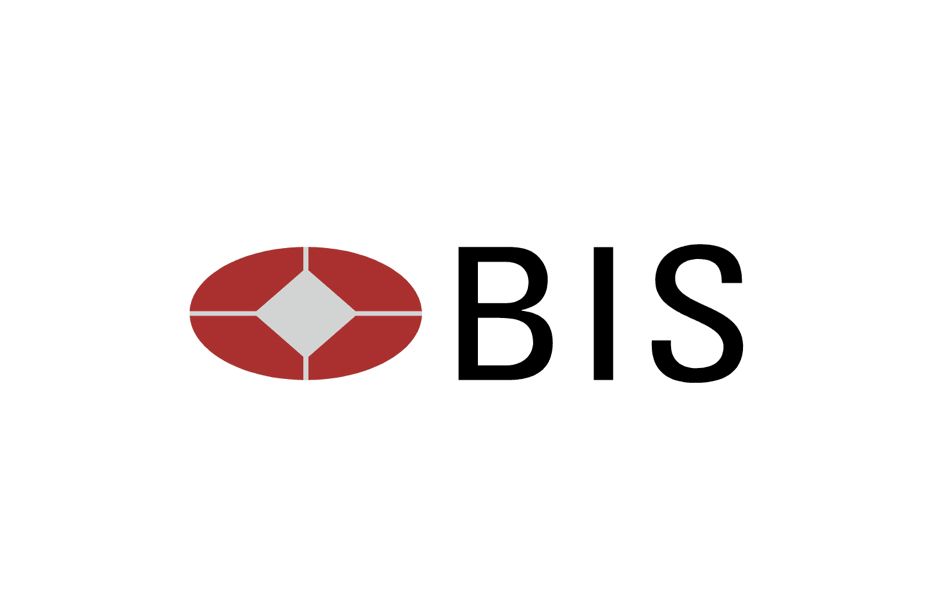
07 Mar, 2024
In response to the increasing prominence of global stablecoins (GSCs) and their potential implications for financial stability, the Bank for International Settlements (BIS) has introduced a comprehensive set of recommendations aimed at regulating and supervising these widely adopted digital assets.
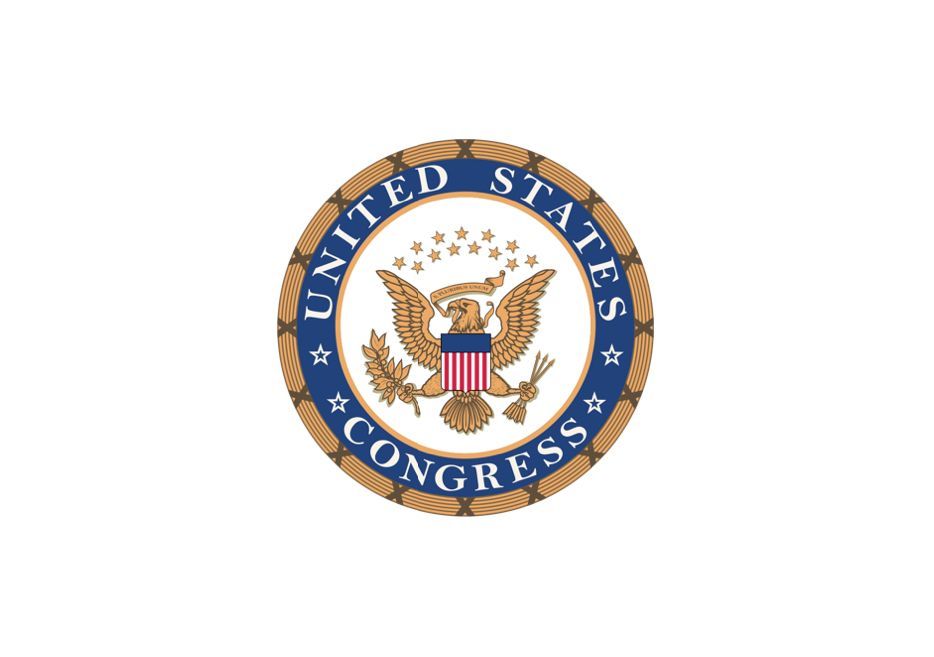
29 Jul, 2023
In a noteworthy development within the U.S. Congress, a long-awaited stablecoin bill made significant progress as it graduated from the House Financial Services Committee. However, the advancement of the Republican-backed bill was marred by a partisan clash and objections from the White House, leaving the committee chair, Patrick McHenry (R-N.C.), lamenting the missed opportunity for a bipartisan deal.

13 Jul, 2023
A new crypto oversight bill reintroduced by Senators Cynthia Lummis and Kirsten Gillibrand is making waves in the U.S. Senate. The bill proposes that crypto exchanges be overseen by the Commodity Futures Trading Commission (CFTC) rather than the U.S. Securities and Exchange Commission (SEC). Additionally, it calls for all stablecoin issuers to be regulated depository institutions. This bill represents a significant effort to establish U.S. regulation for the crypto industry and addresses the division of oversight between the SEC and CFTC.
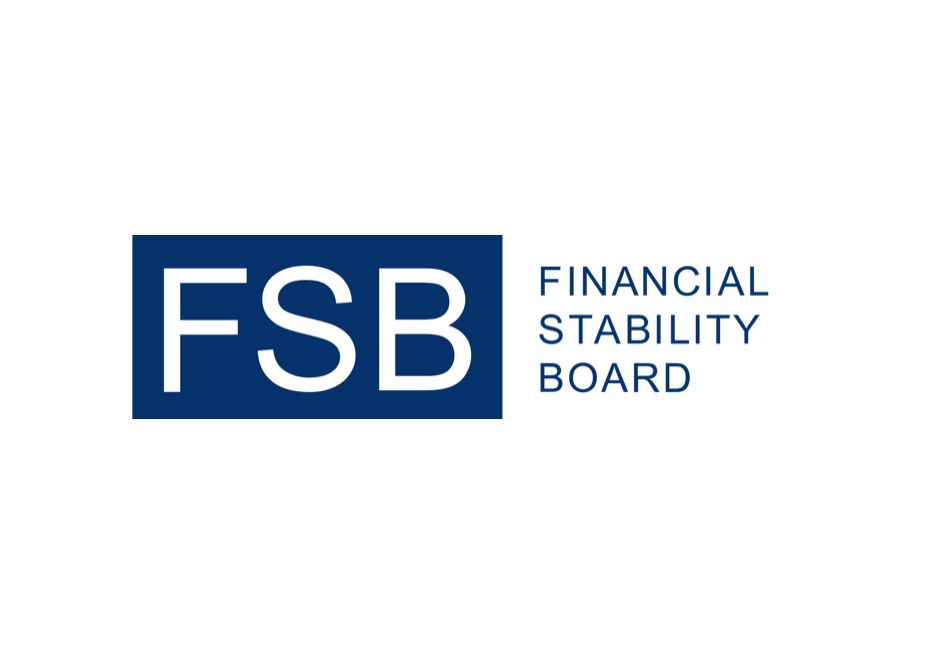
13 Jul, 2023
In preparation for the upcoming G20 Finance Ministers and Central Bank Governors meeting in India, Klaas Knot, Chair of the Financial Stability Board (FSB), has highlighted the recent banking turmoil and the FSB's commitment to learning valuable lessons from these events. In a letter addressed to the G20 officials, Knot emphasized the importance of addressing risks associated with crypto-assets and global stablecoin arrangements, as well as providing updates on efforts to tackle climate-related financial risks.
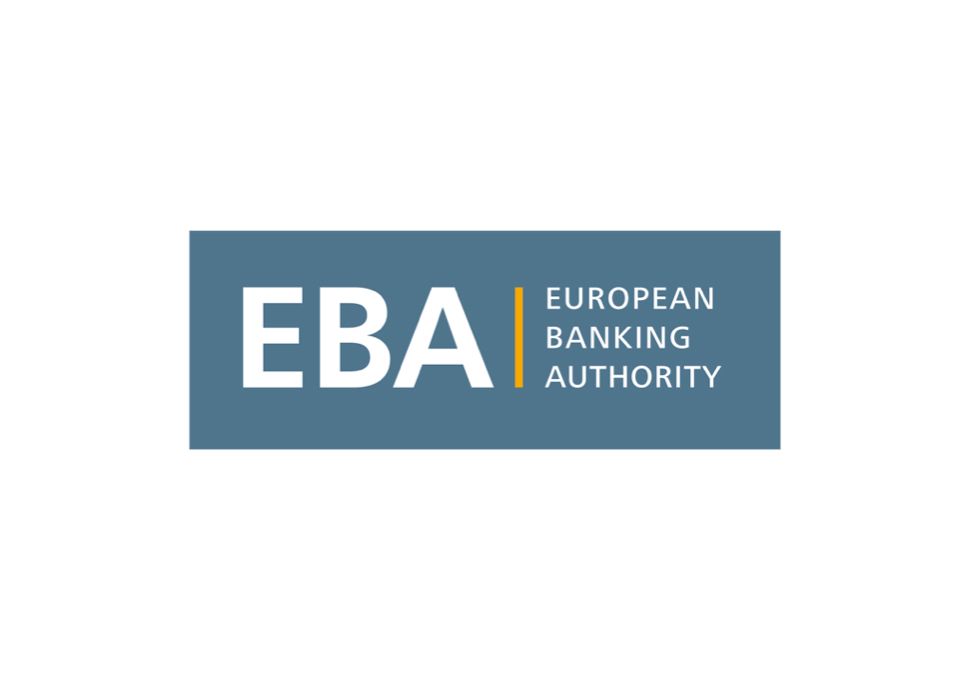
12 Jul, 2023
E-Money Token (Stablecoin) issuers have been advised to proactively prepare for the forthcoming regulations set by the European Union, according to the European Banking Authority (EBA). Although the rules of the Markets in Crypto Assets (MiCA) framework will officially come into effect in June 2024, the EBA emphasised the importance of early preparation to protect consumers and avoid disruptions for companies. The MiCA regulation includes provisions on governance, reserve requirements, and licensing for crypto wallet providers and exchanges.

12 Jul, 2023
According to a recent study by Juniper Research, the value of payment transactions made with stablecoins is predicted to surpass $187 billion by 2028, a significant increase from $53 billion in 2023. The study, titled "CBDCS & STABLECOINS: KEY OPPORTUNITIES, REGIONAL ANALYSIS & MARKET FORECASTS 2023-2030," highlights the rapid progress of stablecoins in the cross-border market, where they offer an alternative to slow, expensive, and difficult-to-track existing payment systems.
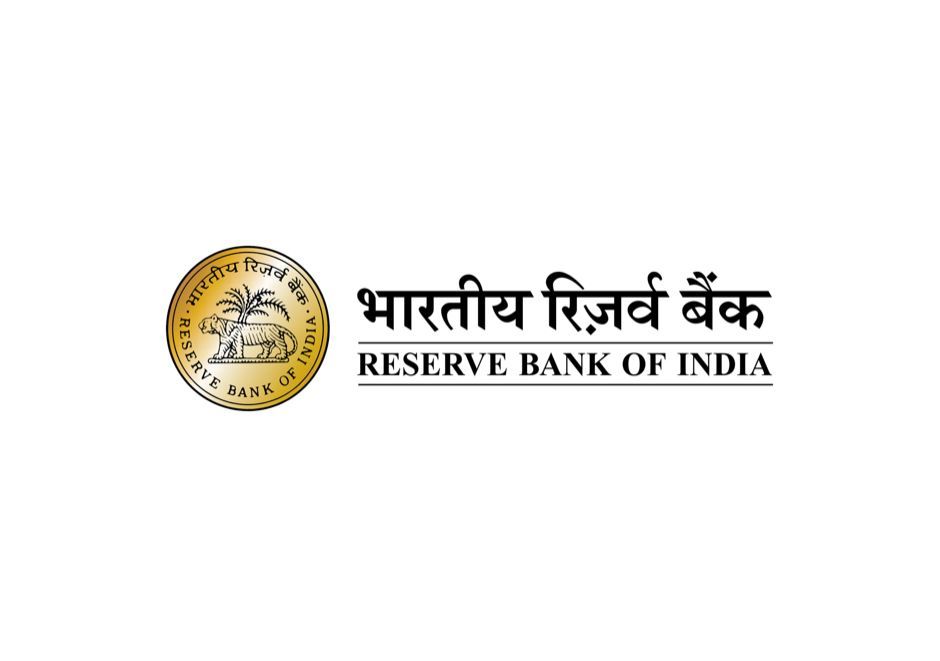
12 Jul, 2023
Reserve Bank of India (RBI) Deputy Governor T Rabi Sankar expressed India's concerns about stablecoins, emphasising their potential threat to policy sovereignty. In a speech at a banking event, Sankar called for a global financial system based on central bank digital currencies (CBDCs) issued by each country for settling global payments. He highlighted the importance of CBDCs in maintaining financial stability and independence, stating, "We should ideally aim for a global financial system which rests on central bank digital currencies (CBDCs) issued by each country to settle global payments, and not rely on stablecoins."
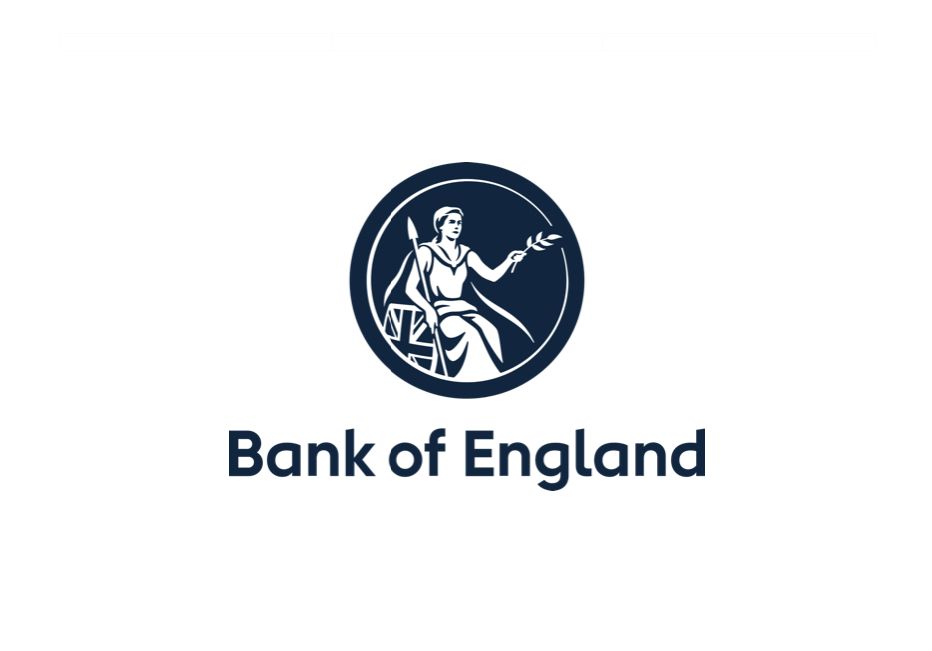
11 Jul, 2023
In a speech delivered on July 10, Bank of England (BOE) Governor Andrew Bailey shared his perspective on digital currencies, highlighting the potential of "enhanced digital money" while expressing reservations about cryptocurrencies and stablecoins. Bailey emphasised the need for regulatory oversight, stability, and usability in the evolving financial landscape.
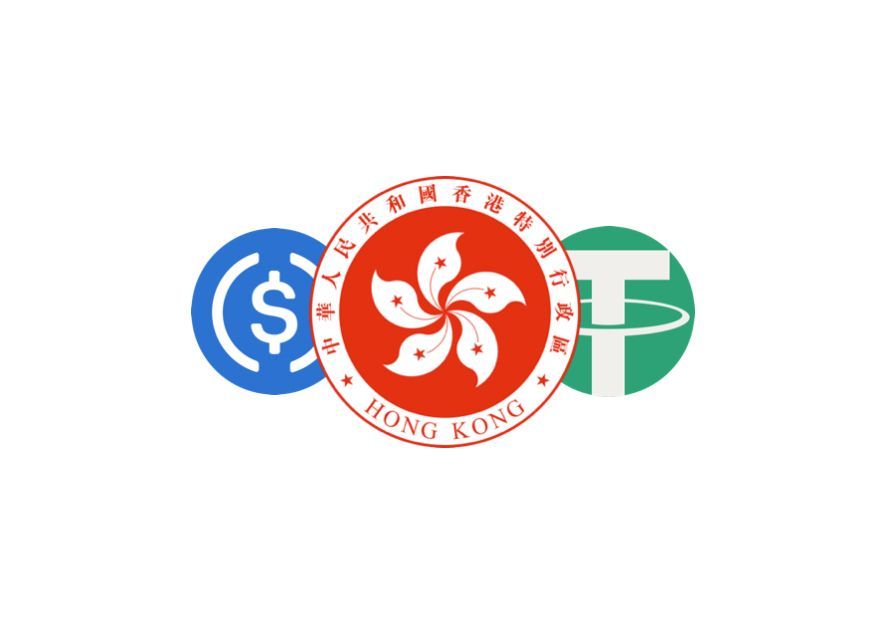
06 Jul, 2023
In a move that could reshape the global stablecoin market, Hong Kong is considering the launch of its own stablecoin, HKDG, to rival established stablecoins such as USDT and USDC. This groundbreaking proposal, co-authored by prominent figures in academia and industry, including Vice Chancellor Wang Yang and angel investor Cai Wensheng, aims to enhance Hong Kong's position in the digital currency landscape and assert its leadership in the blockchain sector.
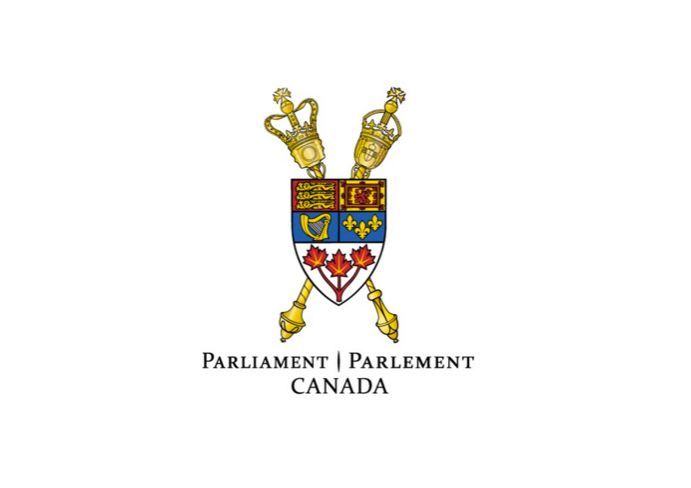
30 Jun, 2023
Canadian lawmakers have published a groundbreaking report that defends and supports the crypto industry, calling for the recognition of blockchain as a growing sector with the potential to drive job creation and economic growth. The report, which includes 16 recommendations, has garnered praise from industry participants, including leading cryptocurrency exchange Coinbase.
Disclaimer:
GlobalStablecoins.com is an informational website that provides news about coins, blockchain companies, blockchain products and blockchain events. Don’t take it as investment advice. Speak to an advisor before you risk investing in an ICO, Cryptocurrencies, Cryptoassets, Security Tokens, Utility Tokens, Exchange Tokens, Global Stablecoins, Stablecoins or eMoney Tokens. GlobalStablecoins.com is not accountable, directly or indirectly, for any damage or loss incurred, alleged or otherwise, in connection to the use or reliance of any content you read on the site.
Affiliate Disclosure / Sponsored Posts:
If a Sponsored Post contains any mention of a crypto project, we encourage our readers to conduct diligence prior to taking further action. GlobalStablecoins.com does not recommend that any cryptocurrency should be bought, sold, or held by you. Do conduct your own due diligence and consult your financial advisor before making any investment decisions.
GlobalStablecoins.com may receive compensation for affiliate links. Should you perform activities in relation to an affiliate link, it is understood that some form of compensation might be made to GlobalStablecoins.com. For example, if you click on an affiliate link, and sign up and trade on an exchange, GlobalStablecoins.com may receive compensation.
Before you invest in Cryptoassets you should be aware of the following,
Cryptoassets are considered very high risk, speculative investments.
If you invest in Cryptoassets you should be prepared to lose all your money.
All Sponsored Posts are paid for by crypto projects, coin foundations, advertising firms, PR firms, or other marketing agencies. GlobalStablecoins.com is not a subsidiary of any marketing agency, nor are we owned by any crypto or blockchain foundation.
The purpose of offering Sponsored Posts to our advertisers is to help fund the day-to-day business operations at GlobalStablecoins.com.
If you come across a Sponsored Post which you believe is fraudulent and/or “scammy,” please contact us and we will perform an immediate investigation.
© 2024
All Rights Reserved | GlobalStablecoins.com

